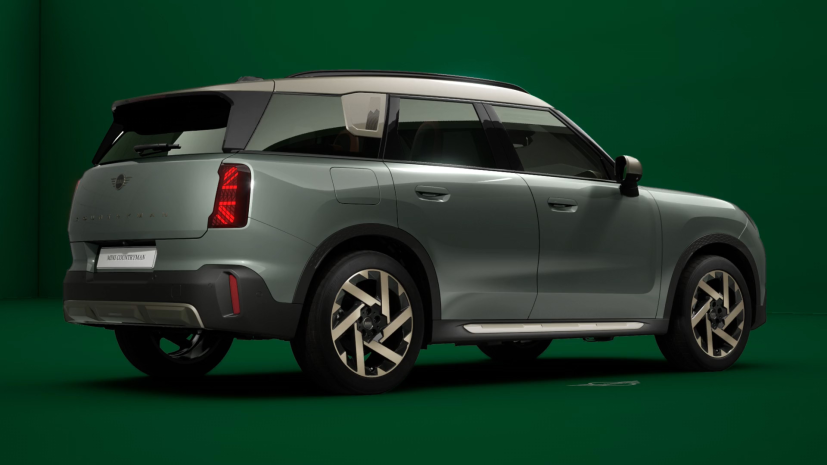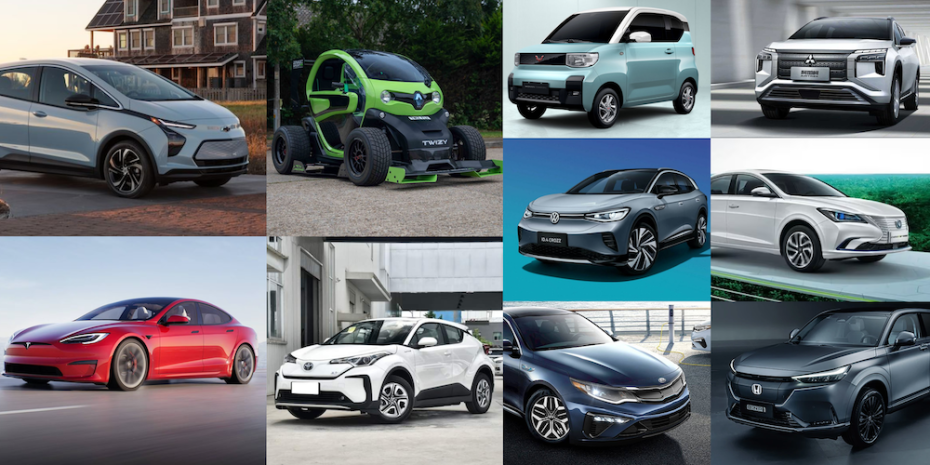Introduction
Cars are more than just vehicles in the UAE—they symbolize freedom and convenience, essential for navigating the dynamic urban and suburban landscapes. With over 3.5 million vehicles on the road—1.8 million of them in Dubai alone—the UAE boasts one of the highest car ownership rates in the region.
This guide walks you through everything you need to know about buying, selling, and owning a car in the UAE, featuring up-to-date official data, real-world insights, and future predictions to help make your automotive journey seamless.
1. UAE Car Market at a Glance
High ownership stats: UAE sees rapid growth—forecasted 4% growth in 2024, and 5.1% in 2025, signaling strong consumer confidence.
2025 Growth Trends: H1 car sales in the UAE jumped 10.9%, with EV market exploding 264.6%, led by new brands like Jetour and Geely.
Vehicle registrations (2024):
Emirate Registrations Dubai 484,223 Abu Dhabi 213,284 Sharjah 56,657 Others 47,693 Total across UAE: 801,857 registrations.
2. Buying a Car in the UAE
New vs. Used
New cars: Book via dealerships, often includes registration.
Used cars: Commonly sold via platforms like Dubizzle or CarSwitch (not blog sources, but important markets).
Key Documents
Emirates ID, valid UAE driving license, car insurance, previous Mulkiya (for used vehicles).
Inspection certificate if the car is over three years old.
Financing Options
Banks and auto finance providers offer loans and leasing packages; rates may include Islamic–compliant plans.
Dealers often provide financing, especially for new luxury vehicles.
3. Registering & Renewing Your Car (Mulkiya)
Step-by-Step
Online registration (reachable via RTA or MOI smart apps):
Upload Emirates ID, insurance, inspection (if needed).
Pay standard fee (e.g., AED 400 for light vehicles), plus optional plate charges.
Inspection costs: Typically around AED 150–170; retests may require additional fees.
Avoiding Late Fees
Renew early (within 30 days of expiry) to avoid late charges (AED 25 per day).
4. Selling a Car in the UAE
Clean and service the car.
List on trusted online platforms or dealerships.
Complete ownership transfer via RTA or MOI with required documentation and inspection (when needed).
5. Insurance & Maintenance
Insurance Types:
Third-party liability (minimum AED ~750/year)
Comprehensive coverage offers greater protection.
Maintenance Tips:
Regular services improve longevity.
Perform pre-inspection checks (lights, brakes, tire tread ≥ 1.6 mm) to avoid inspection delays and retest fees.
6. Driving Rules, Salik, & Traffic
Traffic congestion: Drivers may spend up to 20 hours per week stuck in traffic—especially on Dubai–Sharjah routes.
RTA fines, tolls (Salik), and driving rules must be followed closely.
Policy outlook: Government initiatives are now targeting vehicle congestion by proposing stricter ownership laws and upgrading road infrastructure as part of broader mobility planning.
7. Future Outlook & My Insights
Electrification: Rapid EV adoption (up 264.6% in 2024) shows strong consumer interest and government incentives. Expect EV-friendly infrastructure expansion in coming years.
Smart Mobility: With Dubai and UAE deploying AI-managed roads and smart transport systems, the future points to more efficient commuting and possibly reduced reliance on personal vehicles.
Policy shifts: Expect tiered registration cost structures, congestion pricing, or car ownership limitations to manage urban mobility sustainably.
8. Final Thoughts
Whether you’re a first-time buyer, selling your current vehicle, or planning to renew your Mulkiya, staying informed ensures a hassle-free process. By planning ahead, keeping documents organized, and following traffic developments, navigating the UAE’s vehicle ecosystem becomes smoother and more cost-effective.

